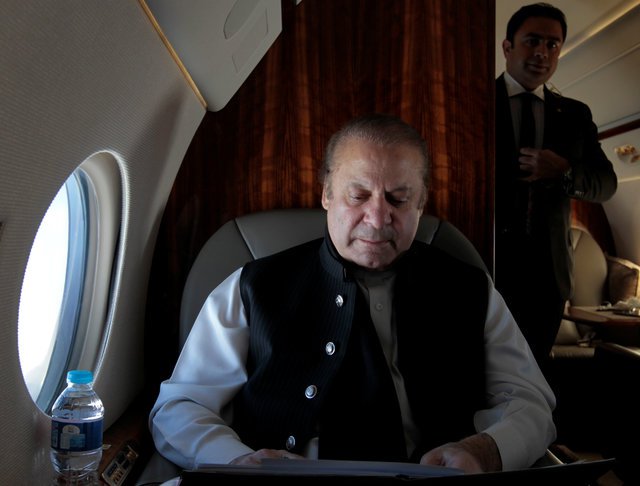
Their response came after the water and power secretary presented the load management position of power distribution companies before a high-level meeting last month.
Electricity theft on the rise as summer rolls in
According to the secretary, power load-shedding was being carried out for six hours in urban areas, 8 to 12 hours in rural areas and four hours in mixed industrial load areas in all jurisdictions covered by the distribution companies except for Tribal Areas Electricity Supply Company (Tesco).
However, there were no outages in the independent industrial load areas. In the far-off regions covered by Tesco, people were enduring 18 hours of load-shedding.
The secretary revealed that the Ministry of Water and Power had held a meeting with representatives of all distribution companies through video conference on April 20 to discuss the load management plan for the summer of 2017.
In the huddle, it was decided that all distribution companies would utilise the maximum electricity allocated by the National Power Control Centre (NPCC) and ensure minimum power cuts in their respective areas.
The prime minister pointed out that the water and power ministry had committed that electricity supply would be cut for three hours in urban areas and for four hours in rural areas in the summer.
However, the plan was not being followed at all. In fact, the duration of load-shedding was 100% more than the approved plan.
The premier asked about the reasons for failing to honour the commitment. He insisted that a rise of 2 to 3-degree Celsius in the temperature should not have led to such a big increase in load-shedding.
Moreover, he said, the lower water level in the reservoirs had never been highlighted in earlier presentations to the Cabinet Committee on Energy.
The chief minister of Punjab also did not agree with the figures of load-shedding, arguing that urban areas of the province including Lahore were experiencing 10 to 12 hours of outages.
The water and power secretary presented different scenarios about the expected power generation, demand, shortfall and load-shedding.
Based on a 7% increase in demand, there will be six hours of load-shedding in urban areas and 8 to 12 hours of outages in rural areas in the last 10 days of April.
In the first 20 days of May, there will be six hours and eight hours of load-shedding in urban and rural areas respectively. In the last 10 days of the month, during which Ramazan will also begin, load-shedding will be brought down to three hours for urban areas and four hours for rural regions.
Four years on, PML-N fails to end power outages
He suggested that this would be managed by initiating eight hours of load-shedding in industrial areas and for nine hours in the mixed industrial load areas. “This schedule of load-shedding will continue for the remaining part of summer and it will be brought down to zero after Ramazan.”
Secretary to the prime minister, while questioning the analysis, said the gap between demand and supply of electricity would widen with the rise in temperature.
He was of the view that the load-shedding plan had been based on desk studies and the projected power generation and demand did not present the real picture. “It should rather have been estimated on the basis of actual generation and demand.”
Published in The Express Tribune, May 4th, 2017.
Like Business on Facebook, follow @TribuneBiz on Twitter to stay informed and join in the conversation.

















COMMENTS (15)
Comments are moderated and generally will be posted if they are on-topic and not abusive.
For more information, please see our Comments FAQ